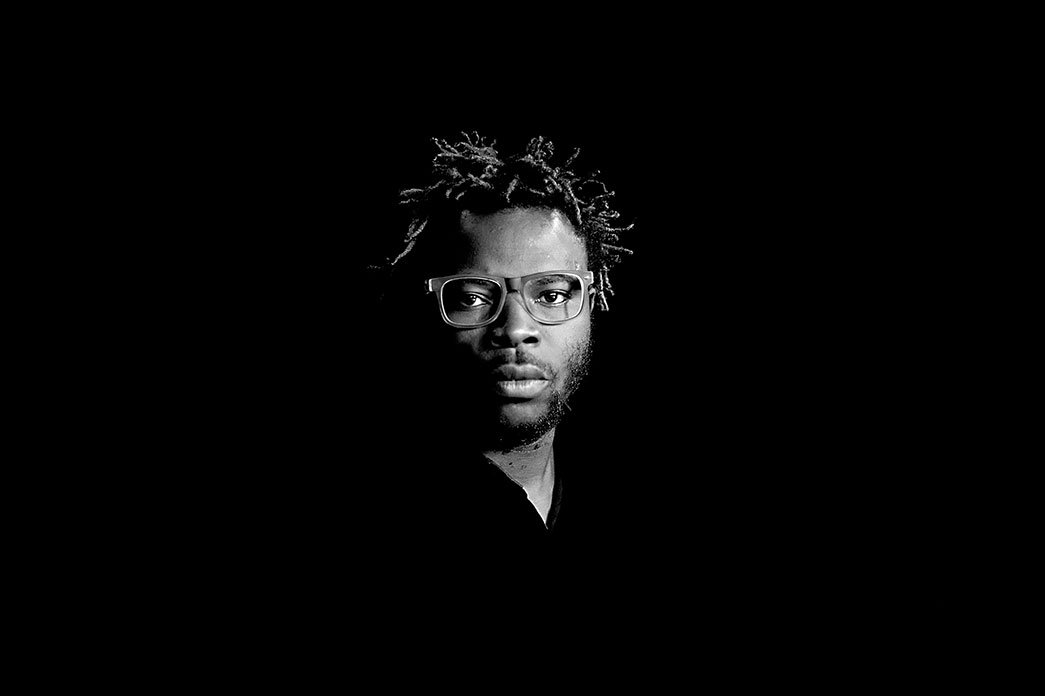
During 1992, the peace that had arrived after 15 years of war could be felt in the air of the city of Maputo. Mário Macilau must have been close to ten years old at the time and would watch the foreigners who were on the peace missions, taking in every moment. Polaroid cameras were at their peak then, with the elderly finding it fascinating to suddenly have a twin. This time was the dawning of street photographers. They would walk around the neighbourhood, pointing their lenses at everything. Mário watched on and felt that he had to learn and began to take pictures for himself, while at the same time looking for a style. There was no particular moment or photo that made him believe that it was worth continuing. The pleasure lay in taking shots. He packed his bags and travelled around Mozambique, looking for awkward, everyday moments and trivialities. His photographs would be windows wide open onto the lives of others. And he found the absence of colour. His photos begin to be seen in black and white and the justification was the poetry that the play of light captured. The subjects portrayed were social injustices. He used photography as a metaphor, so that those who saw would use their free will. He searched for influences in the neighbourhood where he was born and still lives, Polana Caniço, where he felt the deprivation of those who worked from morning to night and at the end of the month received little more than fifty Euros. His mother always smiled and put on the table a pot full of love mixed with food that had to feed the seven people who lived in the house. Showing that happiness was the goal of his work. The photographer matured and wondered how he felt when he looked at his photos. He saw that photography is his language, the one that he communicates with others. And black and white will remain his trademark, not because he doesn’t like colour, but because that’s how photography came into being. Mário Macilau’s works are exhibited around the world: China, Dubai and London were the last places to welcome his photographs. And he launched the book that is based on the Growing in Darkness project, which contains images of children who survive in the streets of the city of Maputo. The pictures speak of a present-day reality, where subjects gaze right out at you from the photograph.
Photography is his language, with which he communicates with others.

















